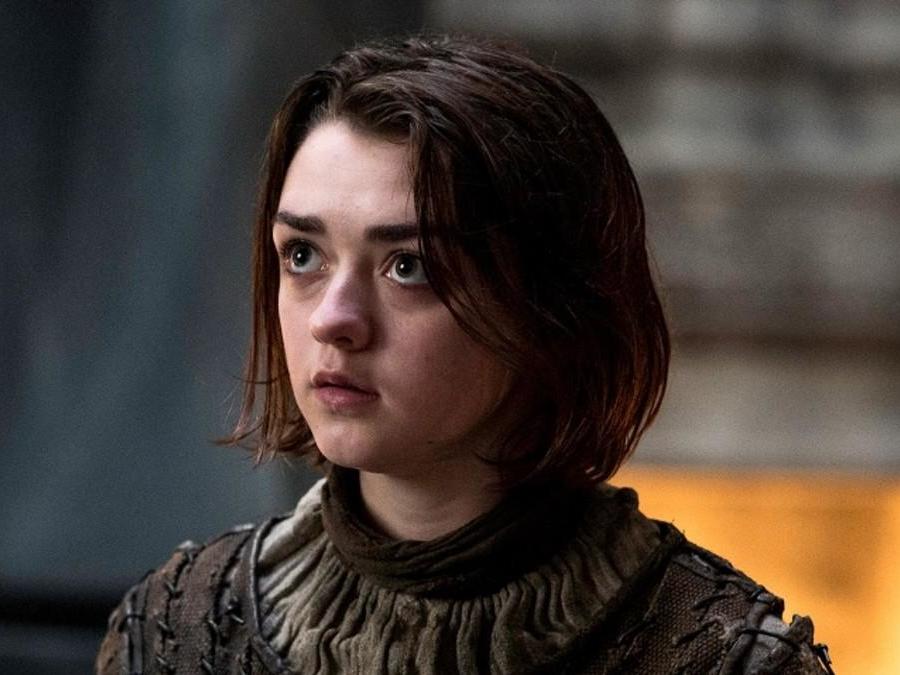Maisie Williams breaks down in tears while discussing childhood in emotional podcast interview
Actor described her relationship with her father as ‘traumatic’
Maisie Williams broke into tears during a recent podcast interview during which she discussed her childhood in detail.
The actor, who is best known for playing Arya Stark on Game of Thrones, opened up about her struggles with mental health and the “traumatic” relationship with her father on The Diary of a CEO podcast.
She told presenter Steven Bartlett that she would struggle to sleep as a young child, prompting a teacher to spot that something was wrong when she was eight years old.
“I had a traumatic relationship with my dad and ever since I can remember I have struggled sleeping,” she said.
“I think a lot of the traumatic things that were happening, I didn’t realise they were wrong. But I knew – I would look around at other kids and be like, ‘Why don’t they seem to understand this pain, or dread, or fear? Where does the joy – when does that come for me?’”
At several points during the interview, Williams could be seen becoming visibly emotional, breaking down in tears and prompting Bartlett to give her a hug.
“When I was about eight I was really struggling. It had met its peak and when I was at school I was taken by a teacher to the staff room. She asked me what had happened,” she recalled.
“She asked me if I ate breakfast, I said no, and asked if I did most mornings. I said no. They were asking the right questions. My mum came to school and picked me up. It was the first time that all of the doors were open and it was the first time things were on the table.”
Williams went on to say that she struggled for a while to fully accept her difficult relationship with her father.

“I was indoctrinated in a way. I think that’s why I’m obsessed with cults! My world flipped,” she said.
“To be honest, I have been thinking about this a lot – it’s not because of me that these bad things happened when I was a child. I thought it was. I thought there was something inherently wrong with me, that it could be anyone experiencing the pain.
“It made me more interested in the guy. What could make you mistreat your own children? What happened to you as a kid? Did you pull the legs off bugs? Did you learn all this?”
If you are experiencing feelings of distress and isolation, or are struggling to cope, the Samaritans offers support; you can speak to someone for free over the phone, in confidence, on 116 123 (UK and ROI), email jo@samaritans.org, or visit the Samaritans website to find details of your nearest branch.
If you are based in the USA, and you or someone you know needs mental health assistance right now, call National Suicide Prevention Helpline on 1-800-273-TALK (8255). The Helpline is a free, confidential crisis hotline that is available to everyone 24 hours a day, seven days a week.
If you are in another country, you can go to www.befrienders.org to find a helpline near you.
Join our commenting forum
Join thought-provoking conversations, follow other Independent readers and see their replies
Comments


Bookmark popover
Removed from bookmarks